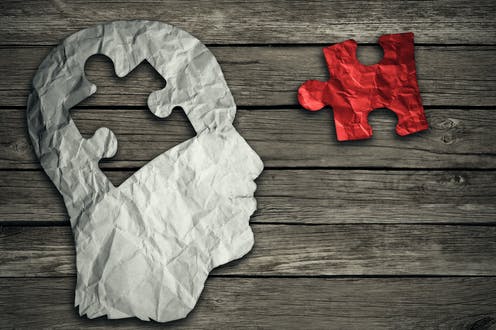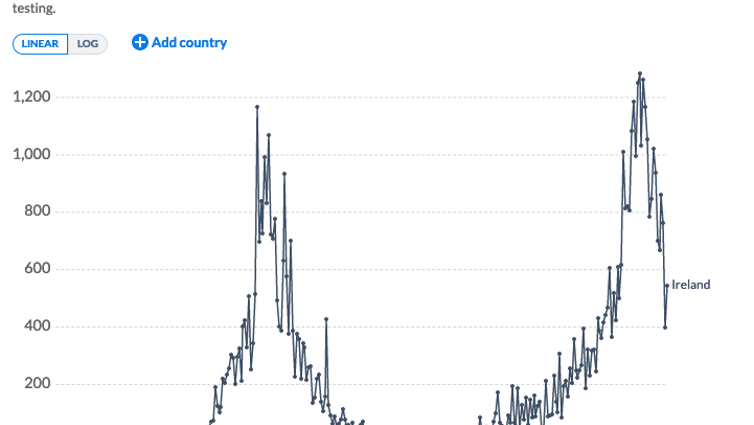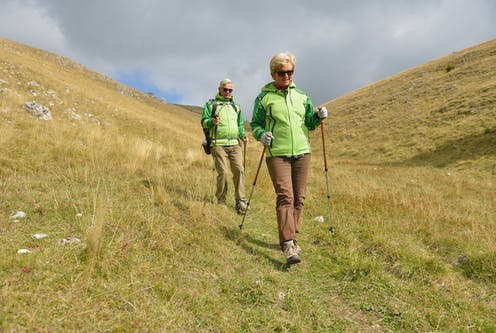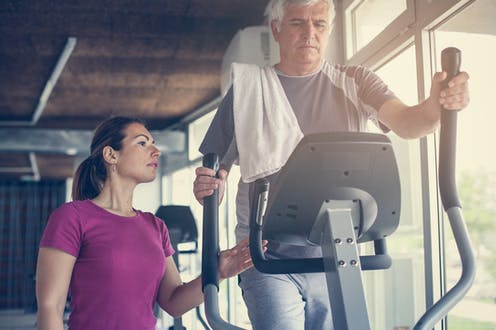Should we all be using ‘sniff tests’ to screen for COVID-19?
Alliance Images/Shutterstock One of the best ways of containing the spread of COVID-19 is to rapidly identify people infected with the coronavirus and prevent them from passing it to others. Temperature checks are now being used as a public screening tool for identifying people with COVID-19, with countries such as Taiwan using temperature checks as a key component of their containment measures. Yet there is little scientific evidence that temperature checks enable reliable detection of COVID-19. For a start, handheld scanners only measure skin temperature, which can be variable, rather than core temperature – and there are issues with unreliable equipment. Data from the ZOE COVID Symptom Study app suggests that over half of people (57%) who test positive forContinue Reading



















